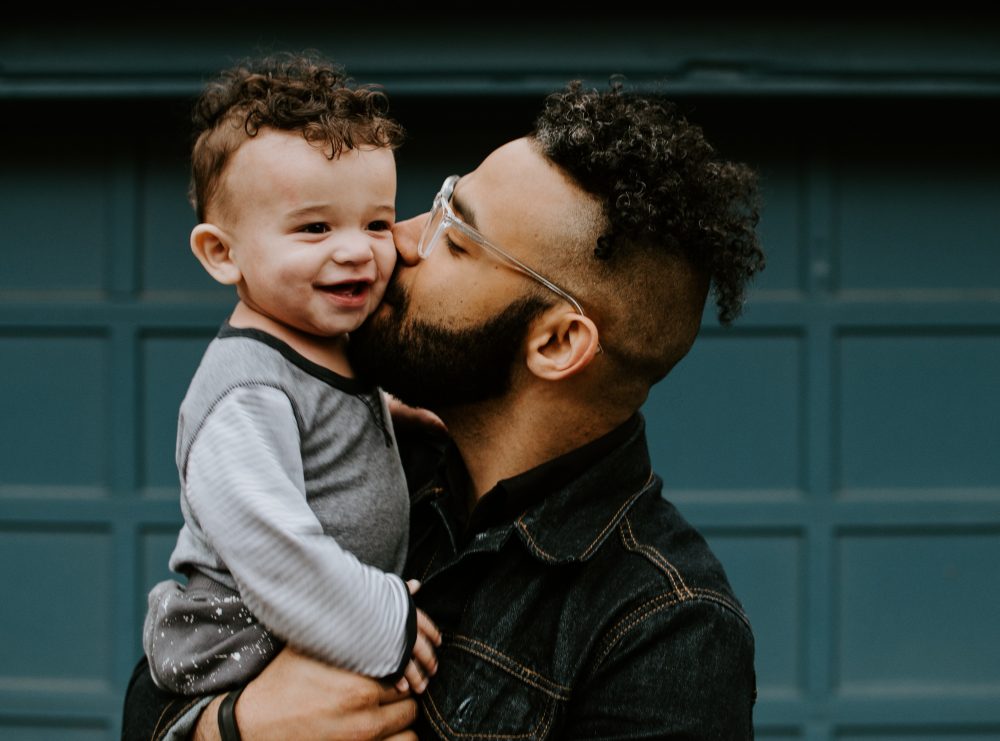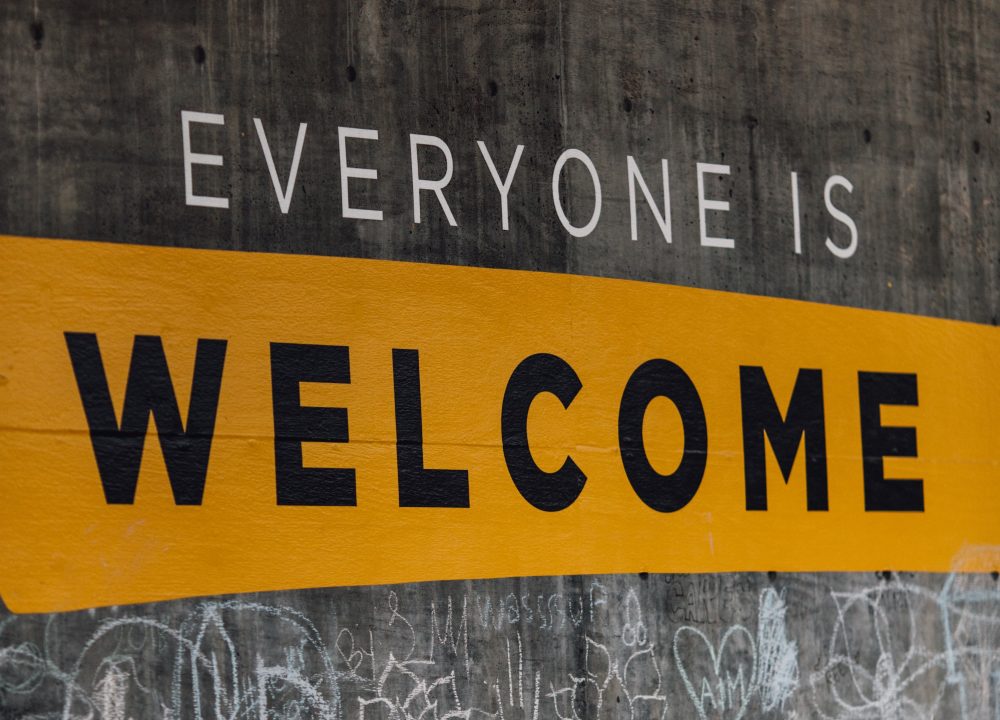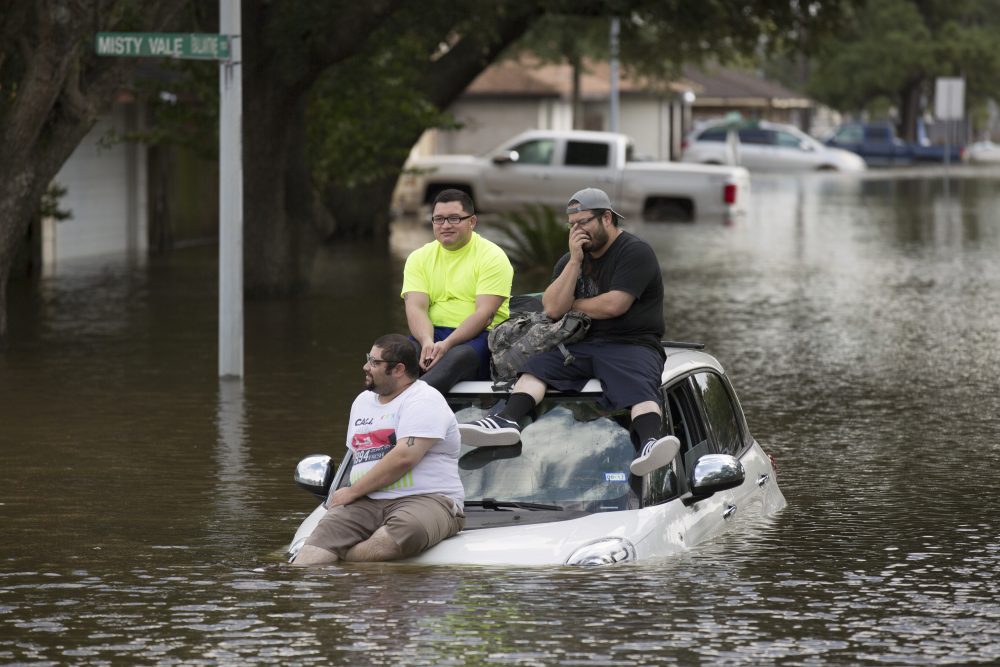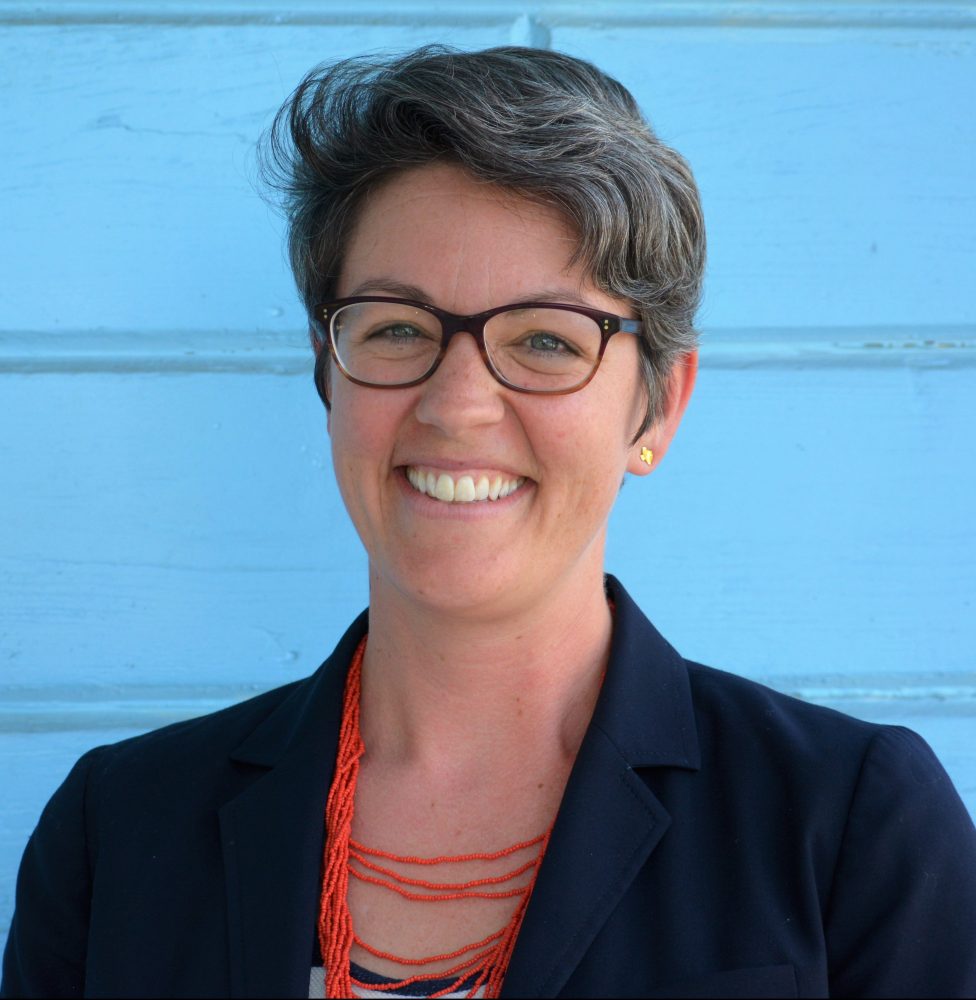Impossible Choices: Realities of Undocumented Families after Disasters
In early September 2017, I was standing in the north Houston home of a mother whose trailer was covered in mold up to shoulder height. She was describing the devastating damage that Hurricane Harvey had caused to her home and the fact that FEMA had inexplicably denied her claim for assistance. Before we left, I […]

In early September 2017, I was standing in the north Houston home of a mother whose trailer was covered in mold up to shoulder height. She was describing the devastating damage that Hurricane Harvey had caused to her home and the fact that FEMA had inexplicably denied her claim for assistance. Before we left, I noticed a framed photograph of a young man on the counter. “Quién es él?” I asked. The young man was her son who had migrated from Honduras to escape gangs. A few months before Harvey, he had been deported back to Honduras and was murdered within a few days. I cried the whole bus drive back, overwhelmed by the complex layers of trauma our immigrant communities face. This trauma is made even more complex by the impossible choices facing mixed-status families. And by the fact that resources to help immigrant families recover from disasters are few and far between.
The woman from that story was fortunate to have advocates in her corner including the wonderful folks from Fe y Justicia Worker Center, one of the only worker centers in Texas. Fe y Justicia was one of the six organizations that we made Harvey-recovery grants to, using our unique participatory grantmaking model. These grants were limited to helping undocumented and mixed-status individuals and families. The complex trauma of trying to recovery from a natural disaster while facing potential deportation and an invisible wall of policies threatening immigrant families came through loud in clear in the stories from our grantees.
“We had a client who had a total of six people in her household, including very young toddlers. The trailer she lived in had a mold infestation and the smell of mold was dominating. After talking with her about mold dangers and mold remediation, she asked us a question: ‘Should I spend the cash stipend you gave me to get rid of the mold or to pay a lawyer to help get my husband out of detention?’ We found out that a few days earlier her husband had been detained by ICE. She now knew the dangers of mold, especially for the children, but she was conflicted because her husband was the sole worker in the house, and she knew the children needed their father. She wanted to get a lawyer to help with her husband’s case, but she had children that she needed to make sure were living in a healthy and safe environment. We advised her to use the cash stipend in the way she thought best. We advised her of organizations that could possibly help her with her husband’s legal situation. It’s a horrible choice to have to make: mold or legal representation.”
The family in that story was making a difficult decision about how best to use the limited cash assistance that was available to them. What makes their story unique, however, is that losing a loved one to deportation can be a death sentence at worst; a devastating blow to a family’s long-term success in the United States at best. Every deportation is a family separation. And separated families are less likely to be able to recover from unexpected setbacks like natural disasters.
There are two primary forces contributing to families facing decisions of whether to meet a basic need (in this case, mold remediation) or saving/protecting a breadwinner from deportation, which can put a family deeper into poverty. One force is the beefed up immigration enforcement regime that is deporting an increasing number of hardworking people. The second force is the wonky, invisible wall being constructed to make families choose between basic needs and legal status, with the intent to dramatically limit low income immigrants’ access to permanent residency and citizenship.
I invite you to read more about the lessons we learned through our disaster recovery grantmaking. There are critical lessons to be learned about the additional complexities faced by domestic violence survivors, low-wage independent contractors, families with disabilities and families without clear title to their property. I welcome the opportunity to discuss the intersection between immigration and disaster relief with you. You can reach me at kate@houstonimmigration.org.
About HILSC
In 2013, local organizations working with immigrant communities came together to address the lack of legal services capacity in the Houston region. These early meetings eventually became the Houston Immigration Legal Services Collaborative (HILSC or the Collaborative). Collaborative stakeholders include non-profit legal services providers, outreach and advocacy organizations, the business community, law school legal clinics, public agencies, and private foundations. HILSC advocates for immigrant inclusion, equity, and justice by uniting and strengthening diverse allies, developing holistic immigration legal services, and supporting creative initiatives through principled, values-based collaboration. Kate Vickery is HILSC’s first executive director.
More like this

Addressing the Unique Needs of Immigrants Before, During and After Disaster

